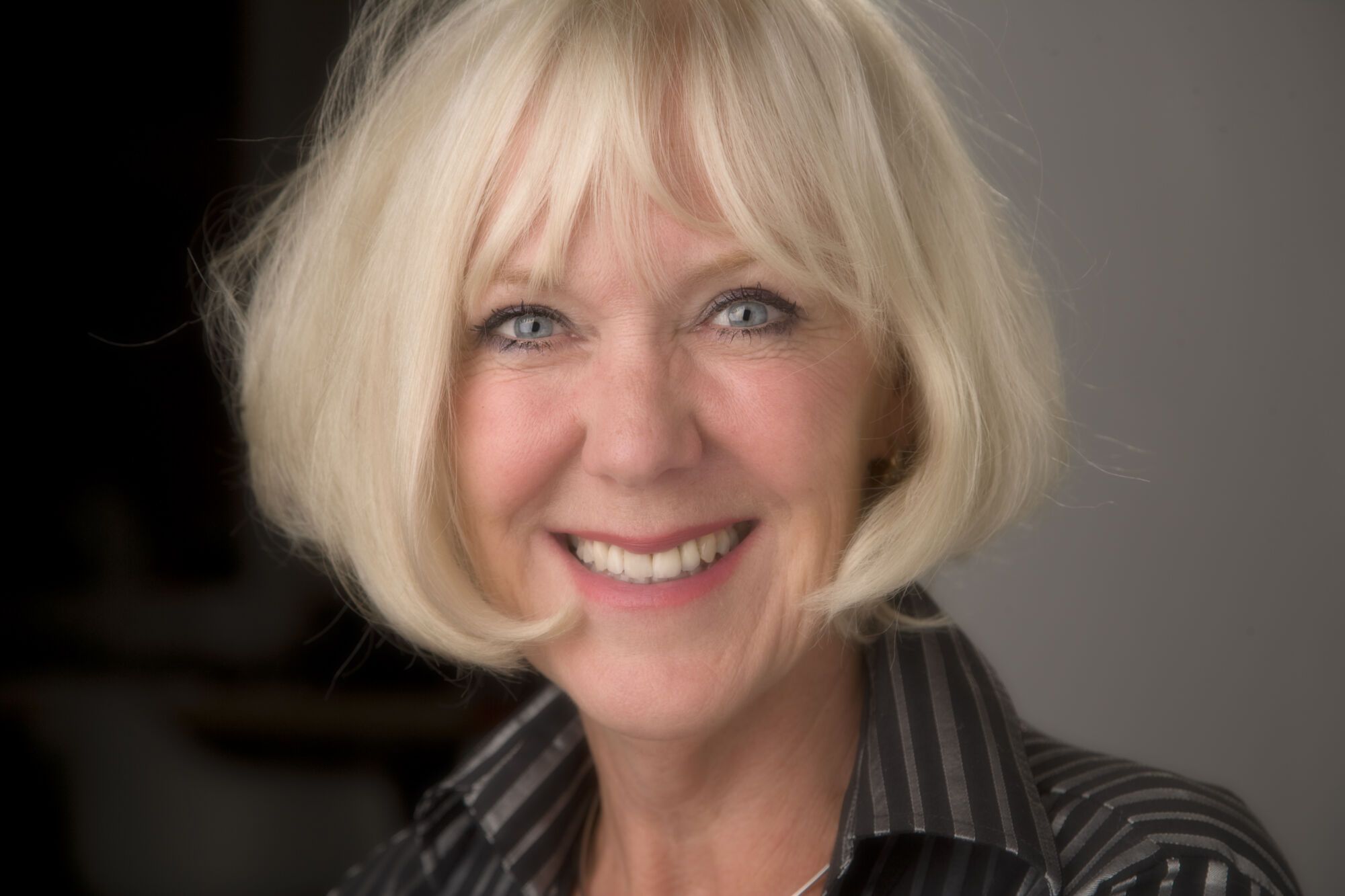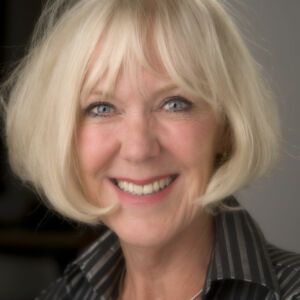“When will you grow up?”
This was the first question thrown at me from a journalist writing an article in Politiken about my forthcoming ‘big’ birthday.
“Never,” I said, but then I felt it was such a cliche answer. “Not at all,” he replied.
This surprised me. Do most people wish to be grown up? An older, and more responsible, member of society? The crucial word here is ‘older’. We all find it difficult to accept ageing. Especially when the message given to us by society is that it is a ‘bad’ thing.
“Unless you are a bottle of wine, your age doesn’t matter”
Rubbish. In today’s world it does matter.
I have lived in Denmark for 44 years. When I came here, a young actress, I thought I’d never find any work. Despite my qualifications and experience in theatre, film and TV in England, I couldn’t speak Danish.
But, within a few years, I was performing on a major TV channel in a comedy show every Saturday night, working as director’s assistant at the famous CirkusRevy in Bakken, acting on stage at the Danish Royal Theatre and presenting English news and info on a TV breakfast programme.
However, that was many years ago, and now that I speak fluent Danish, the offers have dried up. Could this be because of my age?
People over 50 make up one third of the working population and this is growing. Take a look around your workplace. Are one in three people aged 50 and over? If not, where are these workers?
Many of them are unemployed. Older people have a reputation with recruiters for being less flexible, more likely to be unwell, and to look ‘less presentable’ in public facing-roles.
Is it true that people don’t want to see wrinkles and grey hair? The media seems to think that we don’t. And it’s worse if you’re female. Just look at the older male presenters on TV coupled with much younger female presenters.
“Looking 50 is great if you’re 60”
Said Joan Rivers, the late comedienne known for her ruthless humour and numerous facelifts. She is right in one way. It is harder for females to age in the entertainment industry.
Recently Russell Crowe said that actresses refuse to play their age on stage and screen, whereas men do. Well Mr. Crowe, that’s because no one writes roles for older women. And if such a leading role pops up, it’s played by Helen Mirren or Meryl Streep. Both of these women are lauded for ‘ageing gracefully’ and not having any surgical help with their appearance.
Again, rubbish. Of course they have, but unlike Nicole Kidman and Rene Zellweger, they have been slow and subtle about it.
If you want to see a brilliant actress age realistically take a look at Vanessa Redgrave, who rejected cosmetic surgery and has been rewarded with minuscule cameo appearances. Apparently nobody wants to look at wrinkles for a whole movie – at least the female variety.
Mea culpa
I also play much younger roles on stage. In December this year, 6 months after my ‘big’ birthday, I shall be playing the leading role in Willy Russell’s funny play Shirley Valentine at the intimate Black Horse Theatre in Copenhagen.
She is a character in her mid-40s, so please come and find out if I I manage to get away with it . I must admit that I cut out all references to her age from the script.
And that’s what we should all do: cut out all references to age.
Recruitment applications? No age or date of education should be required. No gender bias should be acceptable in recruitment for any job or in any workplace. Besides, it is a fact that women live longer and age better than men.
On the beach last week, I saw slim, fit, older women in bikinis, sunbathing next to their paunchy, balding husbands. We ageing women should be proud of our fitness, resilience, inner and outer strength and shout our real age from the rooftops!
It may not have escaped your notice that I have not admitted mine in this article. Oh well – it’s a learning process.



